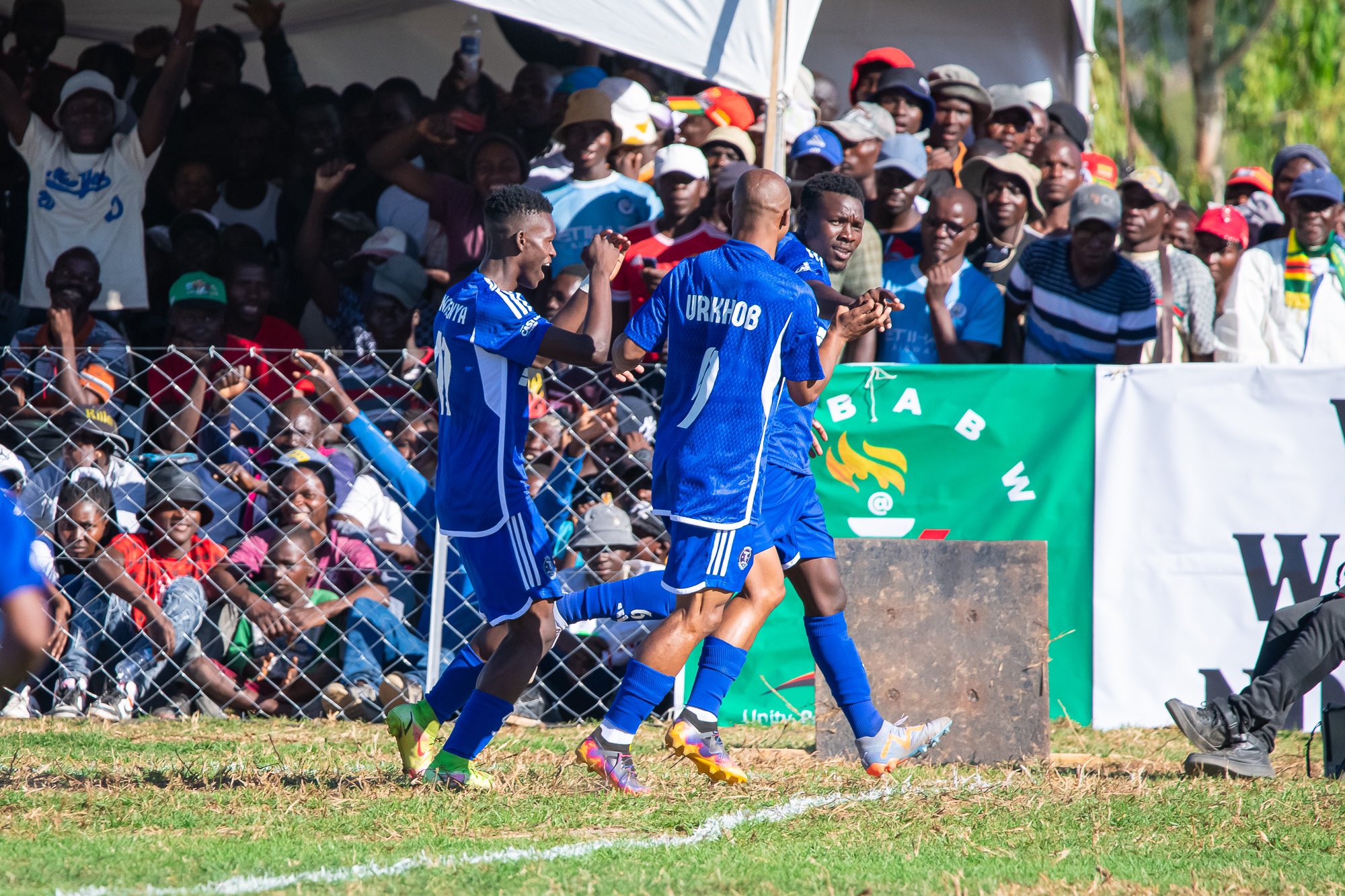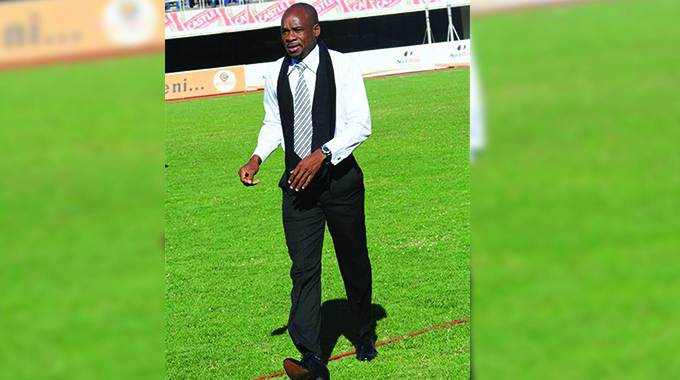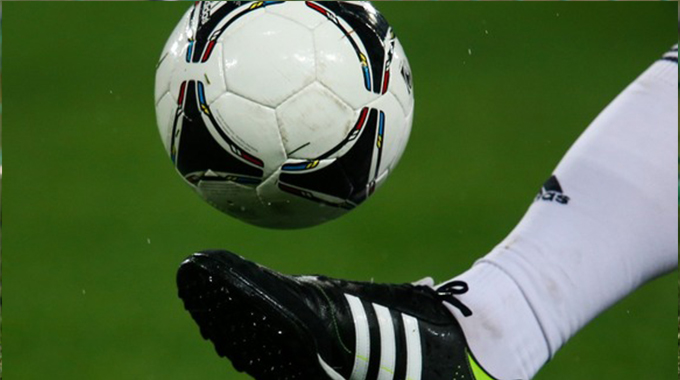IRB praise Zim rugby
of the Junior Africa Cup that ended on Saturday at Prince Edward School.
Jean-Luc Barthes, who is the IRB regional development manager for Africa, praised the local organising committee for successfully hosting the annual junior rugby tournament.
Barthes showered praises on the Zimbabwe Rugby Union saying this was one of the best and most successful tournaments hosted in Africa over the past few years.
The continent’s development manager was in the country during the week-long tournament that saw the Young Sables defend their title as the junior African champions.
Eight countries, including the hosts, took part in the tournament.
The countries included perennial runner’s-up Namibia, Uganda and Tunisia who were in Pool A while Kenya, Morocco, Cote d’Ivoire and Madagascar were in Pool B.
However, Zimbabwe won the tournament and earned the right to represent the continent at next year’s edition of the Junior World Rugby Trophy.
Kenya won the Pool B tournament that saw them gain promotion into Pool A in a new format the sees the winner of this pool making it into the JWRT qualifying group.
While this was the first time the tournament was hosted in this part of the continent, Barthes and IRB regional general manager for Africa Cliffie Booysen, believe Zimbabwe brought a new dimension in the hosting of such tournaments on African soil.
All the players were accommodated at Prince Edwards school, which was also the match venue, as they used Jubilee Field for games while the other fields were used for practice sessions.
“I do not see any reason why Zimbabwe would fail to host the JWRT itself because that tournament also has eight teams and the standard of hosting they showed us this year is great.
“I think Zimbabwe should be aiming for such tournaments.
“The organising was very excellent and I would like to commend the committee for a job well done and I would give them a 100 percent for their job and they should aim for bigger tournaments as well,” said Booysen.
Last year the tournament was hosted in Cote d’Ivoire where the final between Zimbabwe and Namibia was played at a different venue as the stadium they were using for the event was used for a political gathering on the final day.
Kenya hosted the tournament in 2009 and teams were accommodated at Nairobi High School which, however, was a clear health hazard to the players and most of the teams had to resort to paying their own hotel accommodation bills.
Uganda had hosted the previous edition.
“Zimbabwe has done a brilliant job this year and I am happy about the treatment the teams got during the whole tournament and as the IRB we couldn’t be happier.
“I would like to thank the local organising team for a job well done, this (Prince Edward) is a good school, they have the facilities to host such a big tournament and they were very helpful,” added Barthes.
The tournament was organised and run by the Zimbabwe Under-20 rugby committee chaired by Harare businessman and former Sables winger Aaron Jani.
The committee also includes treasurer Rufaro Zengeni, administration manager Colleen de Jong, Jeannine Bryant and Zimbabwe Rugby Union general manager Grant Mitchell who managed to get a number of sponsors.
However, Barthes was not only impressed with the way the tournament was run but he also enjoyed watching the best of Africa’s junior talent that was on show. The administrator pointed out that Zimbabwe were a good side but the players needed more time together, taking conditioning as a priority, in preparation for the JWRT.
“Zimbabwe is not a bad side I saw them playing Georgia earlier this year at the JWRT in Georgia and I know that they are closer to such teams at the tournament.
“They play well but they are not able to play the full game because their conditioning lets them down as they get tired after about 60 minutes of play and that makes a difference.
“As the IRB we understand that there is lack of resources in Africa and that is why I was here to witness the problems Africa is facing and it is good that we have just set up a programme that will benefit development in Africa.
“The plan is to help grow the game so that we expose more talent and Zimbabwe should also benefit from such programs as it is a 10-year development plan.
“I was also impressed with the spirit among the players, the skill level has improved from the previous tournaments,” said Barthes.
Booysen, who was in the country during the Cottco schools festival last year to monitor the development in Zimbabwe was making in spreading the game at grassroots level, was equally impressed.
“I will give the organisers ten out of 10 for the way they ran the tournament because the standard was higher than before (previous tournaments), and they should look ahead to hosting bigger tournaments,” he said.











Comments